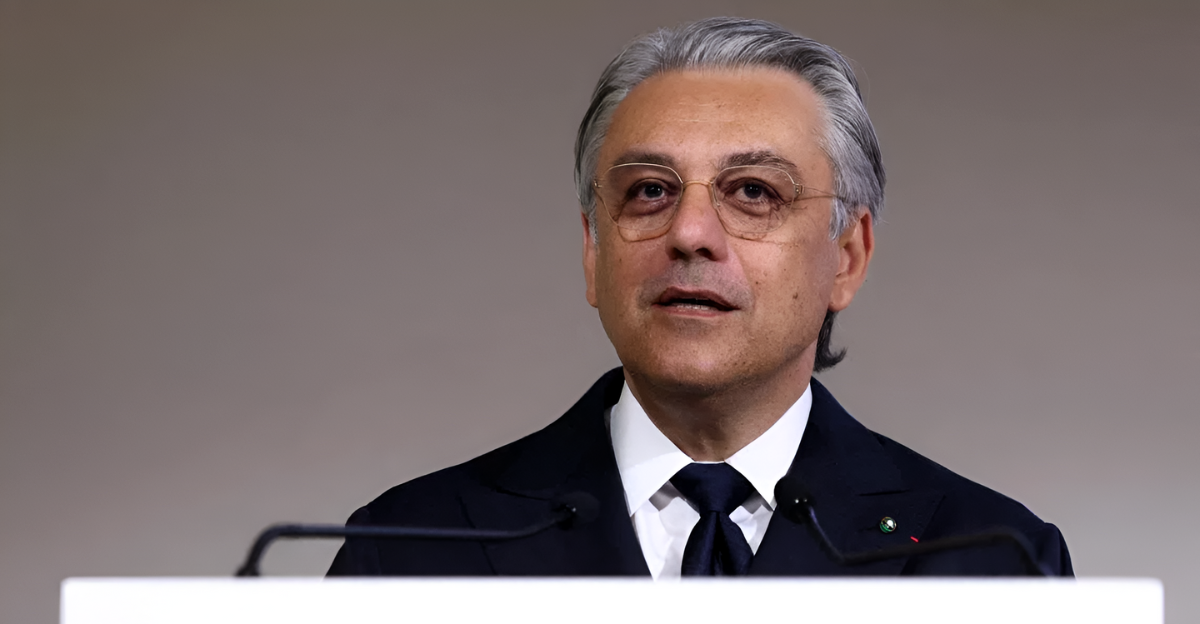
On Oct. 19, 2025, Paris-based Kering announced a €4.0 billion sale of its entire beauty arm to L’Oréal. The deal hands over Creed fragrances and 50-year beauty licenses for Gucci, Bottega Veneta, and Balenciaga to L’Oréal.
It marks CEO Luca de Meo’s first big move – a gambit to cut Kering’s heavy debt.
Debt Crisis Prompts Sale of Cosmetics Arm

By mid-2025, Kering’s net debt stood at about €9.5 billion (plus €6 billion in lease liabilities). That load was driven by recent deals (a €3.5 billion Creed acquisition in 2023) and falling Gucci sales.
In fact, Gucci revenue plunged ~25% in the latest quarter, and Kering reported a €60 million operating loss in H1 2025. De Meo quickly prioritized deleveraging; he has signaled that more asset sales are coming to stabilize finances.
Consumers See L’Oréal’s New Luxury Offerings

Shoppers of luxury perfumes and makeup will soon buy these brands under L’Oréal’s banner. L’Oréal will produce and distribute Creed and all related Gucci, Bottega Veneta, and Balenciaga beauty lines. L’Oréal CEO Nicolas Hieronimus hails Creed as “one of the fastest growing” niche fragrance players.
Citi analyst Thomas Chauvet notes L’Oréal’s “firepower in growing beauty licenses” should expand distribution.
Kering Refocuses on Core Fashion Brands
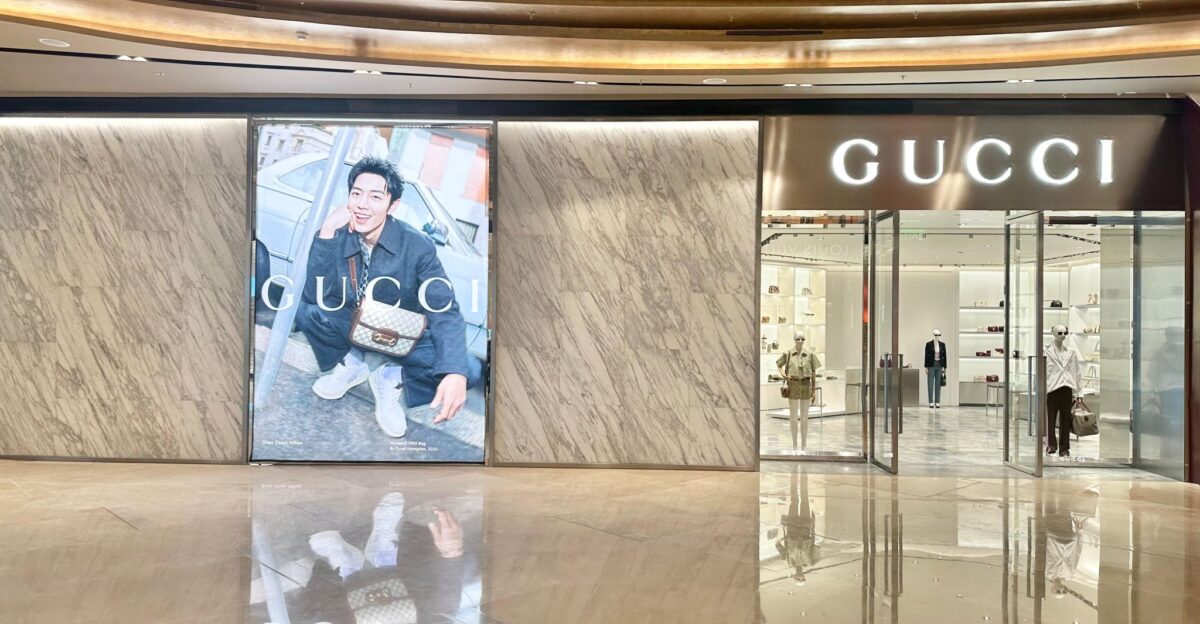
Freed from running cosmetics, Kering will pour resources into Gucci, Saint Laurent, and other fashion houses. RBC analyst Piral Dadhania calls the deal “a meaningful strategy shift” – licensing is “less capital intensive, less operationally geared and arguably higher margin”.
Beauty adviser Mel Taylor agrees it lets Kering “refocus on its core business” without the overhead of a beauty division. In context, Kering employs ~47,000 people (compared to L’Oréal’s ~90,000), so many staff will see their roles move to L’Oréal.
The Industry Shifts to Licensing

By converting its brands into long-term licenses, Kering has triggered a wider industry shift. After this move, other luxury groups may rethink in-house beauty. RBC’s Dadhania notes the trend: beauty licensing is “higher margin” and “less capital intensive” than direct control.
Indeed, L’Oréal already proved the model with YSL Beauté. Observers now expect rivals (from Chanel to Prada) to consider partnerships instead of owning costly beauty operations.
France’s Luxury Powerhouses Deepen Hold
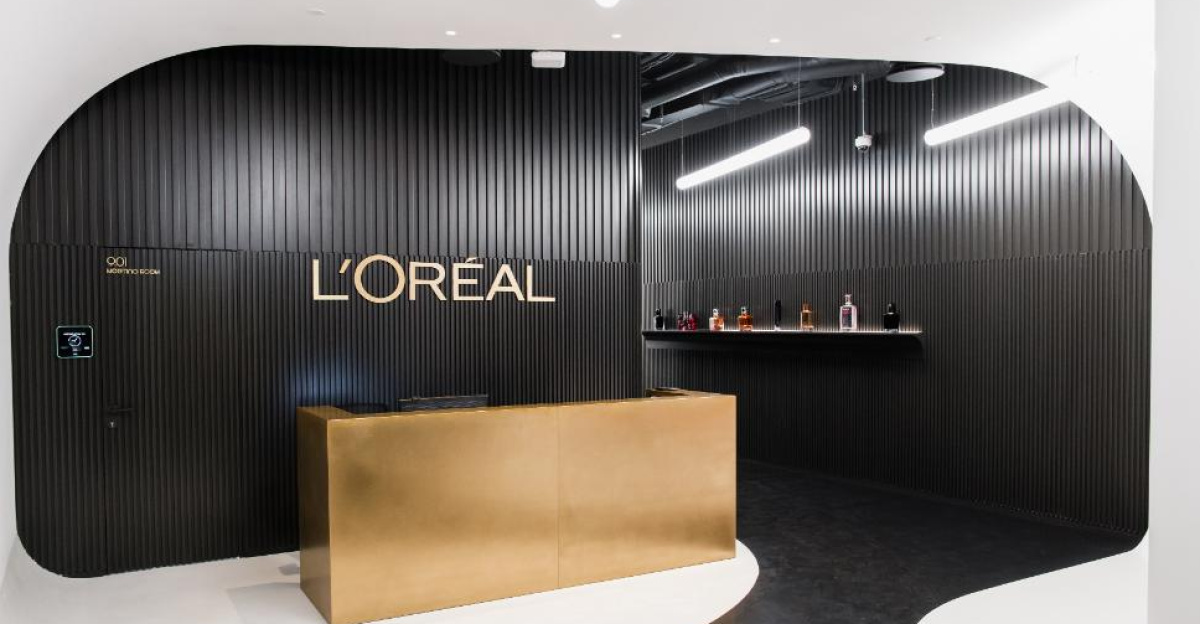
The deal cements France’s luxury dominance. L’Oréal’s acquisition, including a planned 50/50 joint venture in luxury wellness, combines L’Oréal’s R&D and Kering’s brand cachet. Beauty analyst Wizz Selvey says this “reinforces L’Oréal’s dominance in the beauty space”.
Already home to Lancôme, YSL, and CeraVe, L’Oréal now adds Gucci and Creed, deepening its global portfolio.
Employees and Creators Feel the Shift
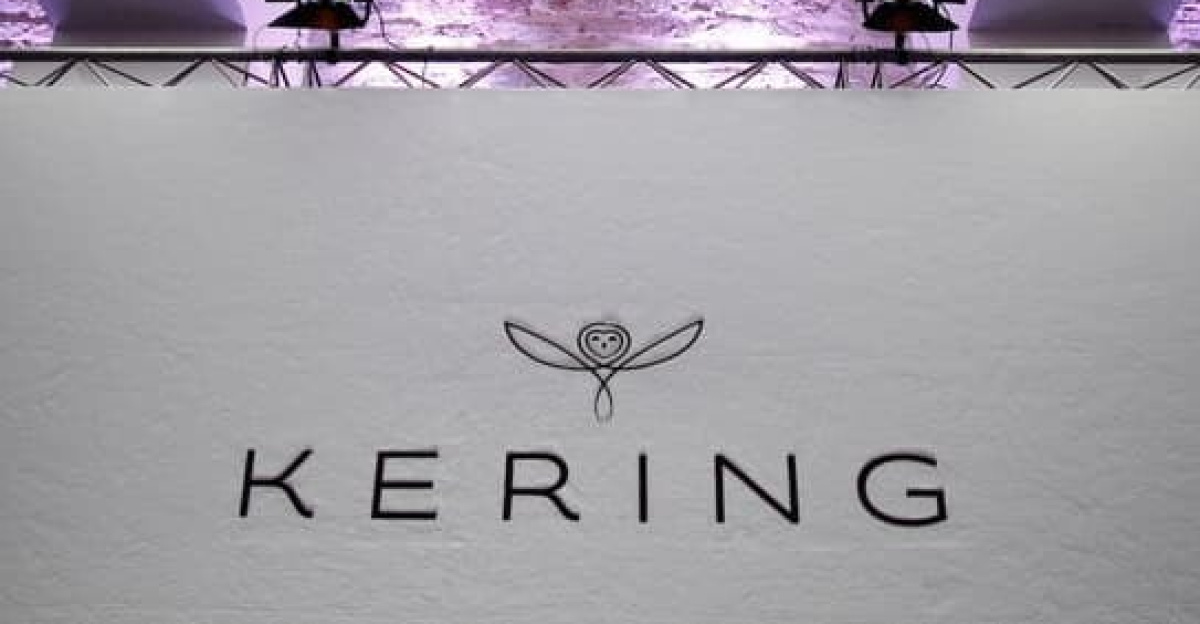
Many Kering Beauté employees (formulators, marketers, and factory staff) will now answer to L’Oréal. Millie Kendall of the UK Beauty Council calls Creed “a solid brand with an incredible legacy,” and believes L’Oréal will “ensure they have a lasting place in the beauty landscape”.
About 47,000 Kering employees and L’Oréal’s 90,000 will have to align cultures and processes.
Regulators Eye Competition and Jobs

French and EU authorities are reviewing the merger’s competitive impact. The public agreement is “subject to Kering’s obligations under French employment law”, meaning employee consultation is mandatory. Regulators will assess whether consolidating top luxury fragrances under one roof aids innovation or stifles competition.
For now, both companies expect approval by mid-2026. Political discussions have already begun about the balance between national champions and market competition.
Debt Paydown Aims to Stabilize Finances

The €4 billion cash will sharply reduce Kering’s leverage. Analysts call the transaction “a significant step” toward lowering Kering’s net debt (which was €9.5 billion at June 2025).
Paying down debt should ease pressure on credit ratings. Still, slow Gucci sales (now 25% down year-on-year) mean risk remains. Kering has outlined further cost cuts and asset sales (such as stakes in Valentino and real estate).
Retailers Prepare for Logistics Overhaul
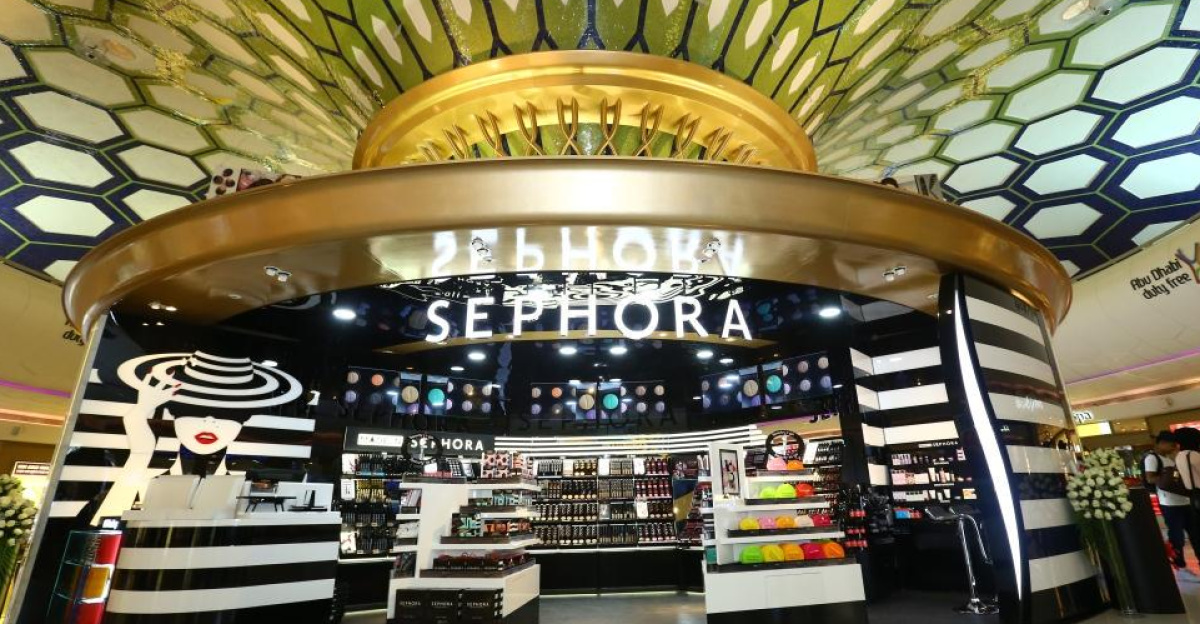
Retail partners (from Sephora to luxury department stores) are updating their supply chains. Stores carrying Creed and Kering fragrances must now order from L’Oréal’s network. In the short term, some shops may face inventory glitches or new pricing; in the long term, L’Oréal’s scale and marketing might stabilize offerings.
Industry insiders advise retailers to renegotiate terms now, preparing for L’Oréal’s broader distribution (including new shipping contracts) once the deal closes.
Hotels and Spas Revise Fragrance Agreements

High-end hotels, airlines, and spas that stock Creed or Gucci-scented amenities will renegotiate contracts. L’Oréal may offer bundled deals or swap exclusive scents. These luxury venues could benefit from L’Oréal’s promotional budget (for example, joint Crèed experiences), but some exclusive product lines might be phased out.
Hospitality businesses are watching for new partnership offers and possible changes to the premium-scent packages offered to guests.
Suppliers Navigate L’Oréal’s Global Network
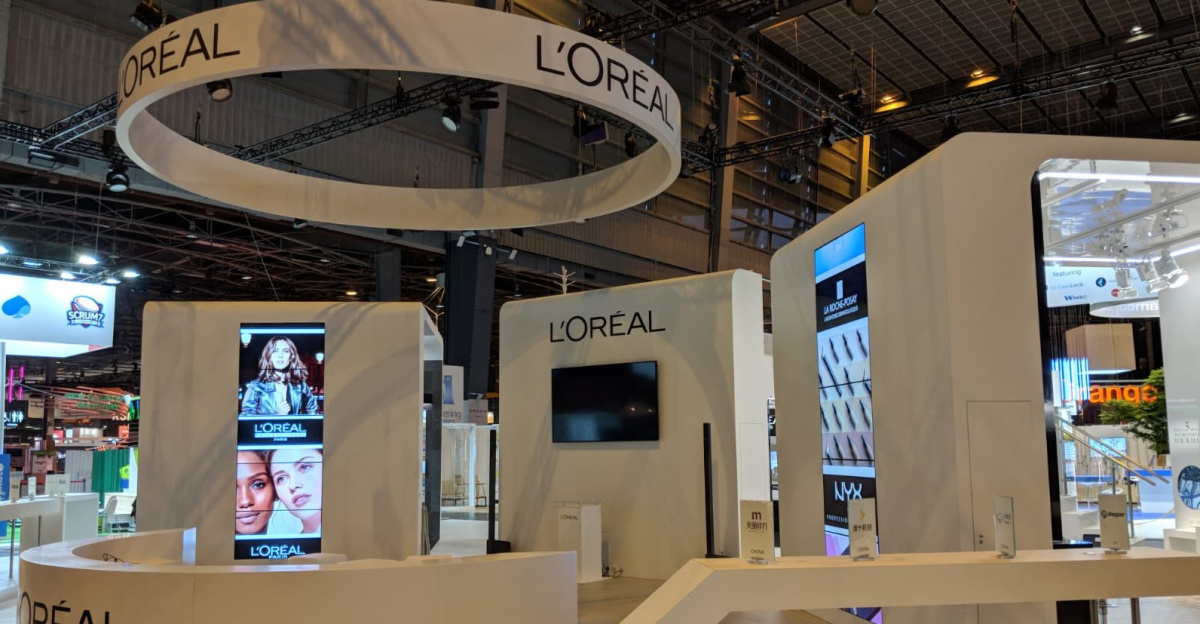
Companies that supplied packaging, rare ingredients, or logistics to Kering Beauté must adapt. L’Oréal is likely to absorb many suppliers into its preferred vendor program. Boutique perfumeries (e.g., distilleries of Bulgarian rose oil for Creed) and artisanal bottle makers will see contracts renegotiated.
While some vendors may gain higher volume from L’Oréal, smaller suppliers may lose out if they can’t meet L’Oréal’s scale or sustainability standards. This consolidation of suppliers is a hidden but real ripple of the deal.
Global Consumers Anticipate Faster Launches

Beauty consumers worldwide should notice quicker rollouts of these luxury lines. L’Oréal’s global marketing machine can introduce new Creed and Gucci products in Asia and the Americas much faster.
Indeed, experts note that even amid economic uncertainty, “consumers continue to invest in small luxuries” – and luxury beauty is “the most emotionally connected” path into high fashion. Look for new Gucci fragrances or makeup collections launching on social media and in flagship stores as early as late 2026.
Wellness and R&D Focused

A strategic 50/50 venture will explore “wellness and longevity” products. Kering’s de Meo says combining L’Oréal’s innovation with Kering’s luxury reach will “unlock [our brands’] immense long-term potential”.
Expect expanded R&D: for example, Creed might get new vegan or biotech formulations, and Balenciaga could launch skin-care lines using L’Oréal’s labs. This alignment of tech could spark health-infused beauty trends (like longevity serums), blending lifestyle science into couture brands.
Brand Identity vs. Scale
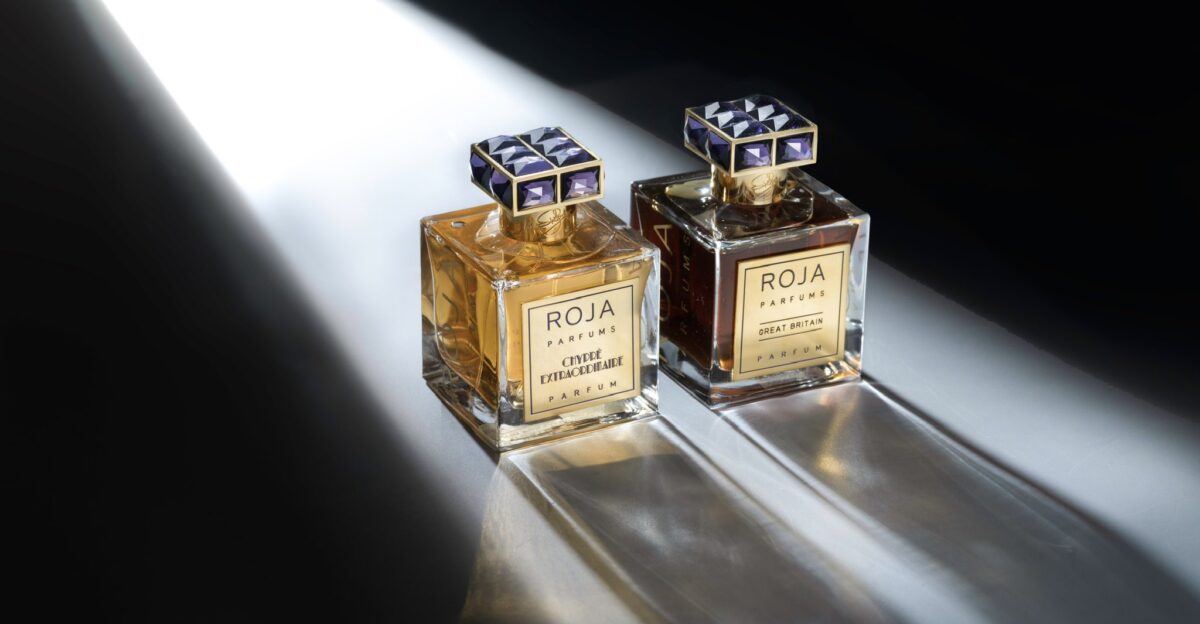
Some fear the deal may dilute niche heritage. Kering calls Creed “a heritage name in haute parfumerie… celebrated for its craftsmanship and mastery of rare natural ingredients”, and environmentalists will watch whether L’Oréal’s mass-production model preserves that ethos.
L’Oréal’s website emphasizes its “ethical, inclusive, and sustainable” mission, but critics will scrutinize whether Creed or Gucci Fragrances maintain their artisanal values under the new regime.
The Market Shakeout
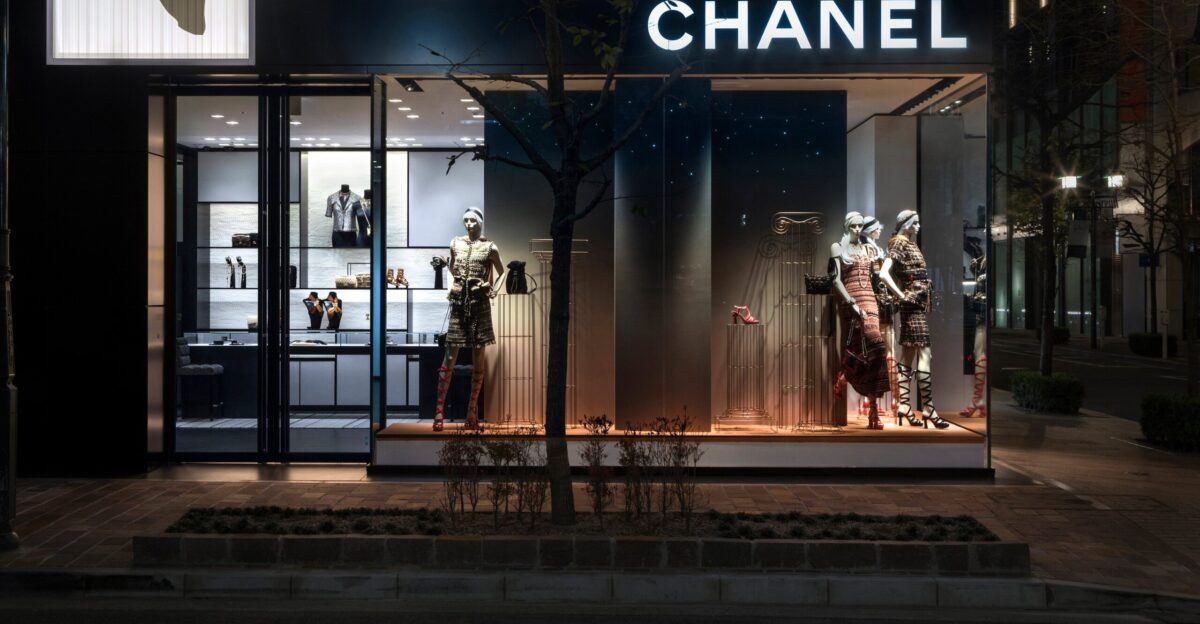
L’Oréal emerges as the clear winner. It acquires Creed and lucrative licenses effectively for the price Kering paid for Creed alone in 2023. Small luxury beauty houses may also benefit from one less mega-competitor. Meanwhile, Kering’s fashion rivals (like Chanel, Hermès, or Prada) may get an opening if Kering’s turnaround struggles.
Industry analysts note L’Oréal has “extraordinary brand equity” in Creed, so its portfolio only got stronger.
Stock Surge and Analysts Scramble
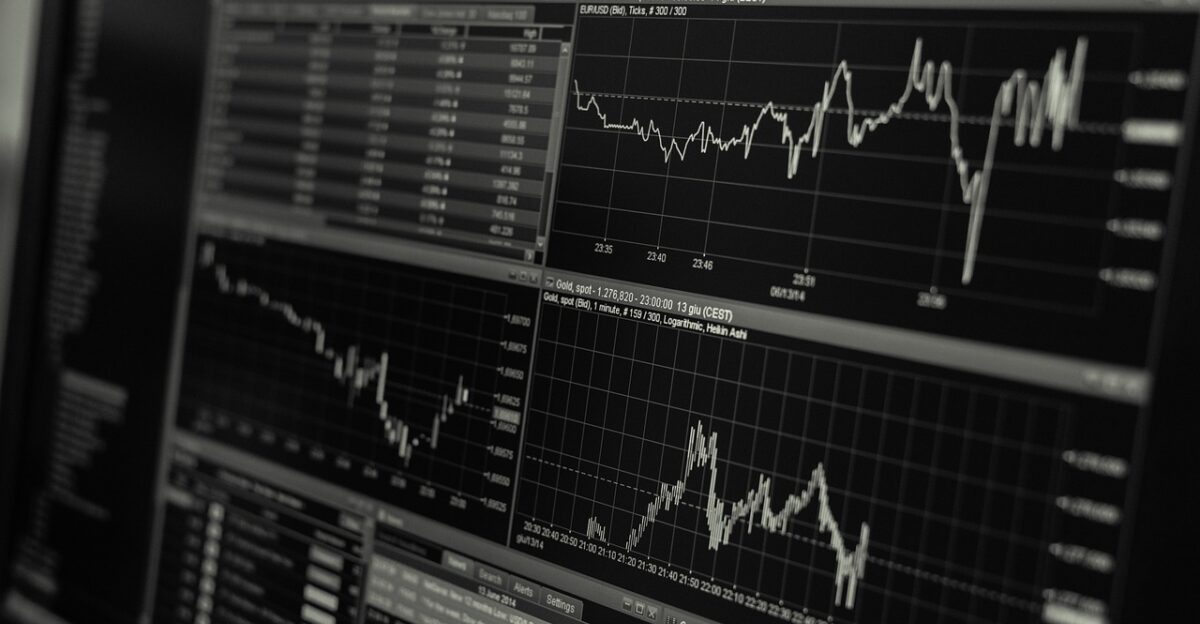
Financial markets reacted immediately. Kering’s share price jumped ~5% on the news, capping an ~60% rally since Luca de Meo’s June appointment. L’Oréal’s stock climbed modestly (+1–2%) on expectations of higher luxury beauty profits. Wall Street now speculates on Kering’s next moves: De Meo hinted at more asset sales, saying “you’ll see others”.
Analysts note the deal reduces Kering’s risk profile and could boost L’Oréal’s margins, setting up both stocks for new trading ranges.
Consumers
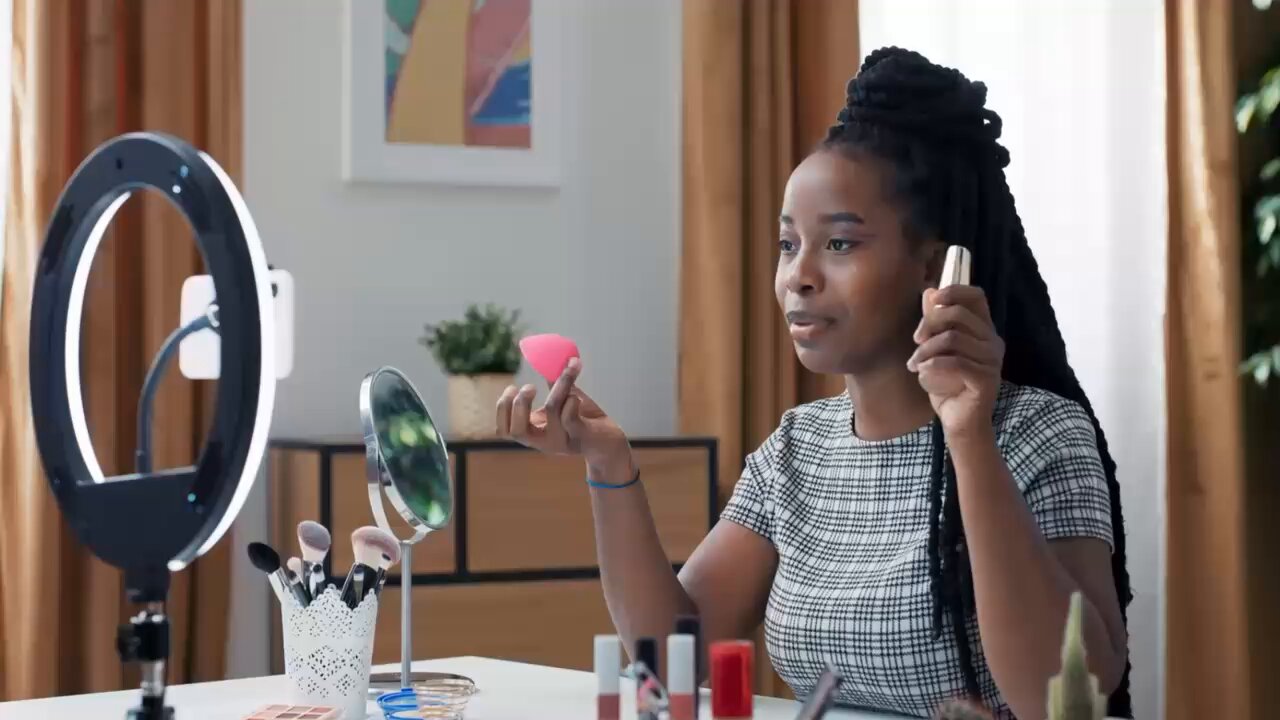
Beauty shoppers should watch for subtle changes. Experts advise loyal customers to “buy favourites now,” as blogger Jane Cunningham suggests, since the transition could tweak product formulations. Check pricing and availability of Creed and Gucci products – initial shortages or new version launches may occur.
At the same time, expect new offerings: L’Oréal may introduce travel sets or expanded color ranges for these brands.
Next Moves for Kering and L’Oréal

The deal isn’t the end of the story. CEO De Meo told the Financial Times that “you’ll see others” – industry watchers expect Kering to continue slimming its portfolio (the eyewear division is already flagged for sale). L’Oréal, meanwhile, will focus on integrating its new acquisitions.
CEO Hieronimus has stressed that Gucci, Bottega Veneta, and Balenciaga Fragrances are “exceptional couture brands with enormous potential for growth.
Convergence of Fashion and Beauty
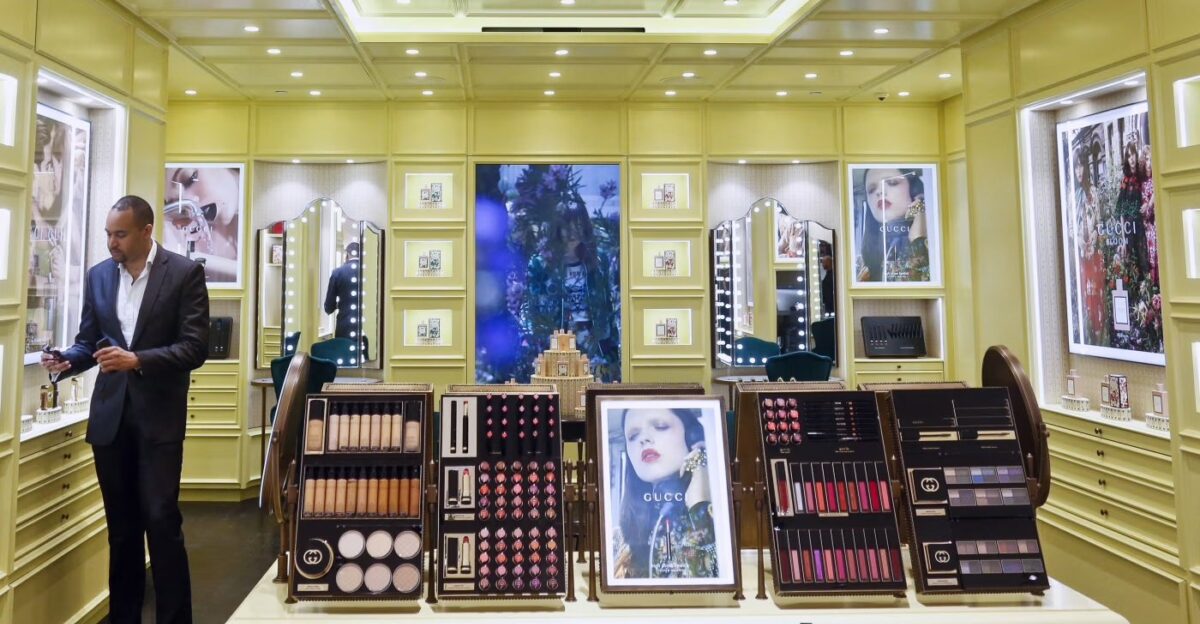
This transaction marks a turning point for the luxury industry. It highlights how debt pressures and shifting consumer tastes are forcing even top fashion houses to partner with beauty conglomerates.
Experts note the deal underlines how “resilient and lucrative” luxury beauty has become – it is “the most emotionally connected” entry point into fashion brands. Going forward, the lines between couture and cosmetics blur: conglomerates like L’Oréal and Kering must balance heritage with scale, reshaping how luxury is defined.